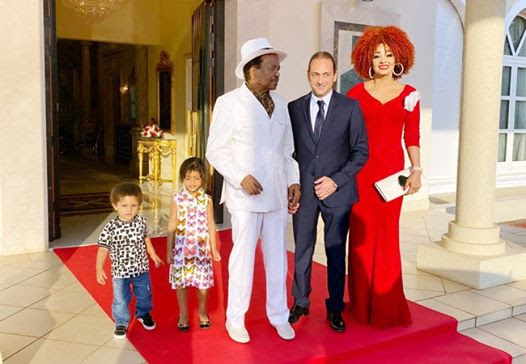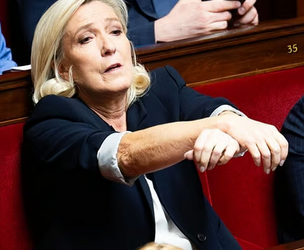The flag of Cameroon flies from a military vehicle in the town of Ekona, part of the restive South West province in October, 2018. Cameroonian troops were accused of heavy-handed response to separatists in the majority English-speaking region, where tensions have recently escalated with the rest of the mostly francophone country.
Ashley Gilbertson/The New York Times
Chris W. J. Roberts teaches at the University of Calgary.
A massive Canadian flag flies proudly over the Stade de la Réunification in Douala, Cameroon, during its multiyear renovation. Originally built in time for Cameroon to host the Africa Cup of Nations soccer championships in 1972, the tired, open-air stadium urgently needed a major overhaul to host the 2019 tournament. A Canadian engineering firm spearheaded the project.
On the face of it, the $126-million government-to-government contract is a huge win for Canada and for Ottawa’s efforts to diversify international markets in a period of trade uncertainty involving the United States, China and a Brexit-plagued European Union. It is no surprise, then, that Canadian Crown corporations actively helped secure Canadian participation in the Cameroon stadium upgrade.
But context is important: Cameroon is in the midst of major political and economic crises – crises directly attributable to its government.
Two years ago, the people in Ottawa whose job is to gauge political risk around the world ignored a growing crisis in Cameroon. What followed were a handful of business deals, some of which enhanced the capabilities of Cameroon security forces that have committed grave human-rights violations and crimes against humanity, as documented by Montreal’s Raoul Wallenberg Centre for Human Rights in a June report.
The result: Short-term Canadian economic and political imperatives around trade diversification have overwhelmed longer-term foreign-policy imperatives to contribute to world order and not perpetuate a culture of bribery and human-rights abuses. Canada needs to decide whether it is a rule-of-law country – at home and abroad.
The Douala stadium, under construction last year. A Canadian flag hangs behind workers at the site.
Chantiers de la Can au Cameroun / Road to Cameroon Afcon / Facebook
Cameroon is unfortunately another example of a lingering and troubling pattern, which includes the continuing saga of armoured-vehicle sales to Saudi Arabia: Canadian domestic politics and a lack of informed foreign-policy leadership lock Canada into a vulnerable position that hinders its ability to play a constructive role in preventing a human-rights catastrophe.
Ignoring how Canada’s diplomatic, development, commercial and financial connections to Cameroon help insulate the regime from political, diplomatic and fiscal pressures is precisely the problem. Until Ottawa figures this out, Canada has no business running for a UN Security Council seat.
The idea that Canada has no influence or leverage over the domestic political trajectory of problematic regimes in Africa is simply untrue. This is not to say Canada should be pushing regime change or dictating politics in other states. But, at the very least, Ottawa needs to ensure its policies and financial supports are not making things worse by propping up autocrats and kleptocrats. That in itself is a form of political interference. And that is precisely what Ottawa has done in Cameroon since 2017.
Oct. 1, 2017: Anti-secession demonstrators march in Douala, carrying signs saying ‘I am not francophone’ and ‘I am not anglophone.’ This is the day an anglophone secessionist group declared independence for a region called Ambazonia, which was once the possession of the British Empire (unlike the rest of Cameroon, which belonged to France).
Joel Kouam/Reuters
Oct. 3, 2018: Gendarmerie officers patrol in Buea, capital of South West province, during a rally by the ruling Cameroon People’s Democratic Movement. Weeks later, President Paul Biya won a landslide re-election in which the secession crisis diminished turnout and the opposition accused the CPDM of ballot-stuffing and intimidation.
MARCO LONGARI/AFP/Getty Images
Oct. 5, 2019: Maurice Kamto, leader of Cameroon’s main opposition party, is greeted by hundreds of supporters in Yaoundé after his release from prison. He and his senior organizers were jailed for months after the disputed election, but a military court and Mr. Biya eventually authorized his release.
Stringer/AFP via Getty Images

0
150
TURKEY
KM
ALGERIA
EGYPT
MALI
SUDAN
ETHIOPIA
NIGERIA
CHAD
Detail
ANGOLA
SOUTH
AFRICA
0
2,000
KM
Territory claimed by Ambazonia
Bamenda
CENTRAL
AFRICAN
REPUBLIC
CAMEROON
Buea
Yaoundé
GABON
EQUATORIAL
GUINEA
MURAT YÜKSELIR / THE GLOBE AND MAIL, SOURCE: TILEZEN; OSM CONTRIBUTORS; HIU
In late 2016, peaceful protests by lawyers and students in the minority English-speaking regions of Cameroon were met by severe repression and arrests of civil society leaders and journalists. On Oct. 1, 2017, a major anglophone group declared independence for Ambazonia, following the borders of what was once the trusteeship of British Southern Cameroons. Violence escalated. Ambazonian leaders, including interim government president Sisiku Ayuk Tabe, were arrested in Nigeria in January, 2018, quickly extradited to Cameroon and charged under terrorism legislation.
After flawed presidential elections that October, the leading opposition presidential candidate, Maurice Kamto, was arrested along with many of his senior organizers and imprisoned for nine months. This August, Mr. Ayuk Tabe and nine others were sentenced to life in prison by a military court.
At every juncture, violence and human-rights abuses worsened. Hundreds of thousands have fled their homes in the anglophone regions; some live precariously in the bush, while others have moved into big cities in the majority-francophone regions or into Nigeria. The UN reports that more than 800,000 children are out of school owing to the conflict. Just this June, the Norwegian Refugee Council named Cameroon the world’s most neglected displacement crisis.
On Oct. 31, the Trump administration eliminated some trade preferences because “Cameroon has failed to address concerns regarding persistent human-rights violations being committed by Cameroonian security forces.” And this was after the high-profile “Major National Dialogue” organized by President Paul Biya in early October to convince the world that he could turn around a deteriorating situation.
Cameroon observers have thus watched helplessly as violence, displacement, atrocities and economic decline predictably intensified from 2017 through 2019.
Even as a low-intensity civil war in the English-speaking regions slipped under radar screens, international organizations such as the United Nations, Human Rights Watch and the International Crisis Group have kept running tallies of those killed, displaced and arrested, the many clinics, schools and villages razed, plus internet shutdowns and overall economic activity lost. In August, Lawyers’ Rights Watch Canada submitted a brief to the UN Human Rights Council urging an end to the violence. UNICEF just reported a “15-fold” increase in humanitarian needs in Cameroon since 2017.
Story continues below advertisement
A protester holds up a sign of Mr. Biya near the White House in October, 2018, after the disputed election.
BRENDAN SMIALOWSKI/AFP/Getty Images
As the cascading crises began to garner international attention, Canada’s relative silence on the deteriorating political, economic and humanitarian situation has been deafening.
Canada has a long diplomatic and development relationship with Cameroon, one that reaches back to 1962. The two countries share a dual French and English linguistic and legal heritage; both are members of the Commonwealth and la Francophonie. A sizable Cameroonian diaspora can be found across Canada. Thus, if there is a country that should be able to help mediate in Cameroon or mobilize international attention, some Canadians, including MPs and Cameroonians, have suggested that bilingual, federal, middle-power Canada presents a strong option.
They can’t understand why Canada appears to be sidelined or, worse, enabling the Biya regime. Others, including the Trump White House, have taken a tougher stand, even as the UN Security Council has been hamstrung by veto-wielding China and Russia.
While Canada has not had a major aid program in Cameroon for some years, smaller projects are still funded. But between 2002 and 2006, Canada wrote off more than $440-million in bad loans to the government of Mr. Biya, the octogenarian who has been in power since Pierre Trudeau was prime minister.
Mr. Biya often ruled his country from the Intercontinental Hotel in Geneva – until nudged out by Swiss authorities in July. As he faced yet another self-made economic crisis, the International Monetary Fund approved a new, three-year US$666-million emergency loan program in June, 2017. Last month, the World Bank’s International Development Association finalized a US$200-million soft loan that will be managed directly by Cameroon’s Finance Ministry.
After almost four decades of bad governance, Mr. Biya always seems to find a way to get bailed out.
Story continues below advertisement
The Stade de la Réunification site as seen in July of 2018.
Chantiers de la Can au Cameroun / Road to Cameroon Afcon / Facebook
And that brings us back to the Stade de la Réunification project.
As Canadian trade officials scanned the global landscape to find new market opportunities, Cameroon somehow beckoned. As host of the 2019 Africa Cup of Nations, it needed to build or refurbish a number of stadiums. In 2016, Canadian firms started investigating those opportunities, alongside Chinese, French, American, Italian and Turkish competitors. One way to secure a project without competitive bidding is to bring your own financial package.
Canada did one better: In 2017, the Canadian Commercial Corporation (CCC) signed a $126-million sole-source, government-to-government contract with the Sports Ministry in Cameroon. This meant that Canada, not a specific firm, took on the contractual obligation, with penalties for non-completion. The CCC subcontracted two Canadian engineering firms based in Montreal, plus a French architectural firm, to revitalize the Stade de la Réunification.
(In November, 2018, Cameroon lost the right to hold the tournament owing to a lack of progress with facilities and security concerns; Egypt was selected as a last-minute replacement. Now, with Cameroon slated to host in 2021, the stadium project is still not complete.)
In its 2017-18 annual report, the CCC boasted that this was Canada’s “largest export contract ever in Cameroon” and that a “Montreal-based construction firm with extensive international experience” would spearhead the project. But the Montreal-based firm, Magil Construction – a major player in Canada for decades before being acquired by French engineering giant Fayolle in 2009 – had only launched its international division in 2017.
A year after the stadium redevelopment project got started in July, 2017, work on that stadium plus others was already behind schedule. And after Cameroon lost the hosting role, the inevitable stories about questionable contracting processes, corruption and missing funds across the entire sector quickly surfaced in local and international media. (Cameroon consistently ranks among the world’s most corrupt countries, according to Transparency International.)
Story continues below advertisement
The Ottawa headquarters of Export Development Canada, a Crown corporation that gives loans and insurance to help Canadian exporters to reach foreign markets, including Cameroon.
Justin Tang/The Globe and Mail
While the CCC finalized its contract negotiations with Cameroon by mid-2017 (the Crown corporation does not release specifics about its transactions outside of annual reports and occasional public statements), Export Development Canada (EDC) issued a political risk insurance policy of more than $100-million to two international lenders to the stadium project, Standard Chartered Bank and Deutsche Pfandbriefbank AG, in March, 2018. In January, 2019, EDC then issued a modest guarantee to Desjardins to backstop a Magil Construction credit line related to the Cameroon project.
International project finance can quickly get complicated, but there is something odd about one arm of the Canadian government (the CCC) providing a sovereign guarantee and another (EDC) selling political risk insurance to two international lenders for the same project, months after the original contract was finalized.
In a statement, a CCC spokesperson wrote, “As a partner in a government-to-government contract, CCC promotes core Canadian values abroad and the highest standards of responsible business conduct (including operating in an environmentally, socially and ethically responsible manner) and human rights throughout a project.
“To provide some clarification, CCC is a Crown corporation that facilitates deals between Canadian companies and foreign governments to support the development of international trade. Canadian exporters face challenges and risks when trying to sell their goods and services to foreign governments. To reduce those risks, a Canadian company may use CCC to sign a government-to-government contract. The Canadian company then acts as a subcontractor to the Government of Canada.
“CCC does not provide any funding or loan guarantees to foreign governments, or to Canadian companies doing business with them. CCC recovers its costs for transactions like this from the Canadian companies it serves.
“CCC’s mandate is to help Canadian exporters while reflecting Canadian values. For the stadium project which will be nearing completion, CCC is working with a Montreal-based construction firm to help manage a contract with the Cameroon Ministry of Sport and Education to refurbish an open-air stadium to host the upcoming Africa Cup of Nations, the main international soccer competition in Africa. This stadium is expected to stimulate economic growth, create local opportunities and improve the quality of life for Cameroonians.”
How important is the Cameroon project to the CCC? In its 2015-16 fiscal year, the Africa region accounted for $5.1-million in total revenue. But during just the first nine months of 2018-19, revenue for the region surged to $73.3-million based mainly on the Cameroon stadium contract. The CCC could proudly report that its Cameroon project fulfilled the government’s trade diversification priorities.
But with both the CCC and EDC on the hook if funds stop flowing or if the project hits political hurdles, how much influence might this one commercial project, with jobs and profits on the line in Quebec, have on Canada’s diplomatic reticence in Cameroon’s capital, Yaoundé? Strangely, neither the Canadian high commission nor Magil Construction promote this huge project on their websites or in news releases. And if there was any hope that once the project was done Canada might take a tougher diplomatic stand, the CCC is already in negotiations for a road infrastructure project with another ministry in Cameroon, which will again put economic interests ahead of security or humanitarian concerns. (This week it was also reported that Magil is taking over the construction of the stalled Olembe Sports Complex in Yaoundé, although there is no indication the CCC was involved.)
That spirit driving trade diversification with Cameroon went beyond civil engineering, however. In December, 2017, Canada and Cameroon finalized an Air Transportation Agreement that could open the door to direct flights and code sharing (although more likely was used as a diplomatic signal to reinforce Canada’s interest in Cameroon’s aviation sector). In early 2018, the always struggling, Cameroon government-owned CAMAIR announced it was leasing at least one and perhaps two Bombardier Dash 8 Q400 turboprops from Abu Dhabi Aviation. The first was delivered that May. Bombardier officials were in attendance for the first flight, proudly promoting another new market. But CAMAIR continues to find it difficult to keep its small fleet airborne or pay its creditors and recently recalled staff from three countries in West Africa as it downsized its route structure.
Meanwhile, a small Quebec company received an EDC bank guarantee for air-traffic control upgrades in January, 2019. And in May, a mystery Bell 412 helicopter appeared with Cameroon’s Battalion d’intervention rapide (BIR), an elite military branch that reports directly to the presidency. Two-Canadian built Bell 412s have been in BIR service since 2010, and there is evidence that they are regularly used in operations in restive anglophone regions, but the source of one or perhaps two new air frames remains unclear. They may be newly built (a quiet, direct export from Canada or the U.S.) or may have been acquired from a third party (perhaps in Germany), but their origins and financing have never been explained.
And the Canadian connection that most enables Cameroon security forces may be the least visible, but most troubling. Those Bell helicopters, three Cessna Caravan surveillance aircraft and four Italian-built helicopters on order all use Pratt and Whitney Canada PT6 engines. The Cessna Caravans also use Canadian-built optics and sensors. Canada may not be supplying the rifles and machine guns (Serbia, Israel), ammunition and armoured vehicles (China, UAE) or rocket-propelled grenades (Bulgaria) used by the Cameroon security forces, but it has provided important elements of security force mobility and surveillance.
Spare parts, maintenance and training are required on a continuing basis to keep those engines and air frames operational. And those capabilities, once directed at Boko Haram, have been redirected toward the English-speaking minority, who just want English-speaking teachers, judges, administrators and protection of its common-law system. Now, given the suffering and destruction caused by intensive military operations for more than two years, many anglophones only see one solution to the conflict: that separate state called Ambazonia.
Canada’s ramping up of direct commercial ties and indirect military support to the Biya regime during a period of escalating human-right abuses and crimes against humanity illustrates systemic problems in Canadian foreign policy. With politicians and policy makers grossly ill-informed, with trade diversification trumping human-rights and development considerations and with the risk-assessment policies of both the CCC and EDC already questionable, Canada has stumbled into a highly compromised position in Central Africa.
In response, Canada can only offer a bit more humanitarian relief. But token efforts such as aid or potential “quiet diplomacy” to kick-start substantive negotiations between the government and armed groups will always be secondary to economic interests if Crown corporations have financial risks to protect. In the process, Cameroon will be saddled with additional debt for prestige projects that will never generate sufficient revenues to pay off those loans. But that Canadian flag flying over the Stade de la Réunification in Douala was likely worth the cost for a regime that survives because of international financial support, not domestic legitimacy.
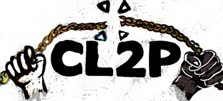
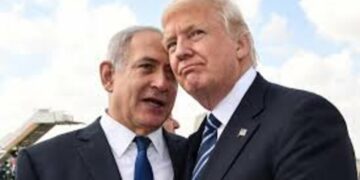
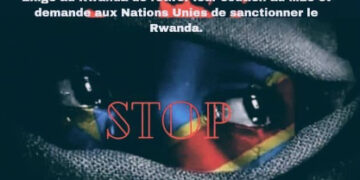
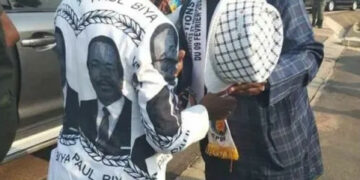
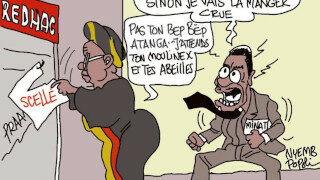



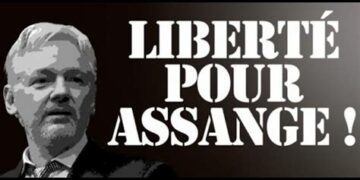
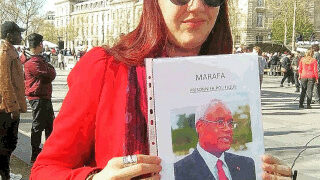
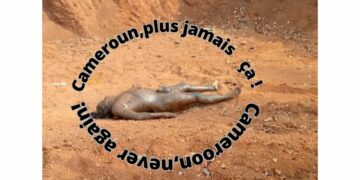
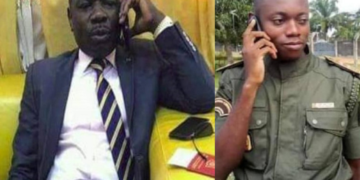
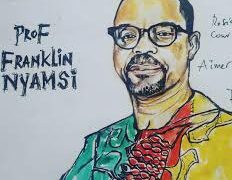
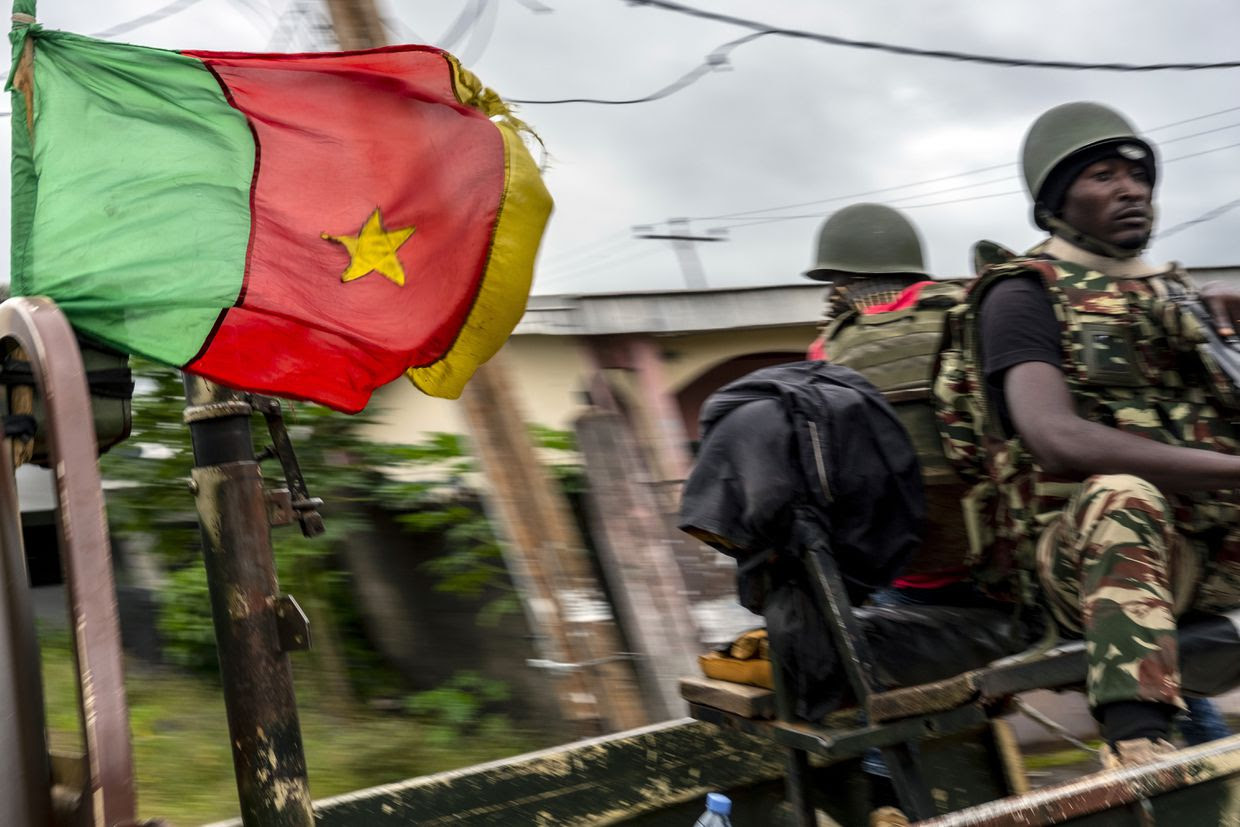
/arc-anglerfish-tgam-prod-tgam.s3.amazonaws.com/public/MBRXMJQ5S5FRTLRJONDOJTDFO4.jpg)
/arc-anglerfish-tgam-prod-tgam.s3.amazonaws.com/public/XK3CY25AHBFVJKQRI4LZMX3JIM.JPG)
/arc-anglerfish-tgam-prod-tgam.s3.amazonaws.com/public/ZC6BWEOWUNAFTF4TQPNTTYONNQ.jpg)
/arc-anglerfish-tgam-prod-tgam.s3.amazonaws.com/public/DBRL3UE7UBCN5D6TEUWRIW3464.jpg)
/arc-anglerfish-tgam-prod-tgam.s3.amazonaws.com/public/W7HZC3AW7FFYXEPGTBZPFGQ7JQ.jpg)
/arc-anglerfish-tgam-prod-tgam.s3.amazonaws.com/public/DZKVAN67JBFB7GVRAK22ZREZ2Q.JPG)
/arc-anglerfish-tgam-prod-tgam.s3.amazonaws.com/public/WNT5RMFFPVEIHJN4LXHL6XTZZI.JPG)
/arc-anglerfish-tgam-prod-tgam.s3.amazonaws.com/public/IVB6TILAJVAE3HQA2SQ7WTKVR4.JPG)
